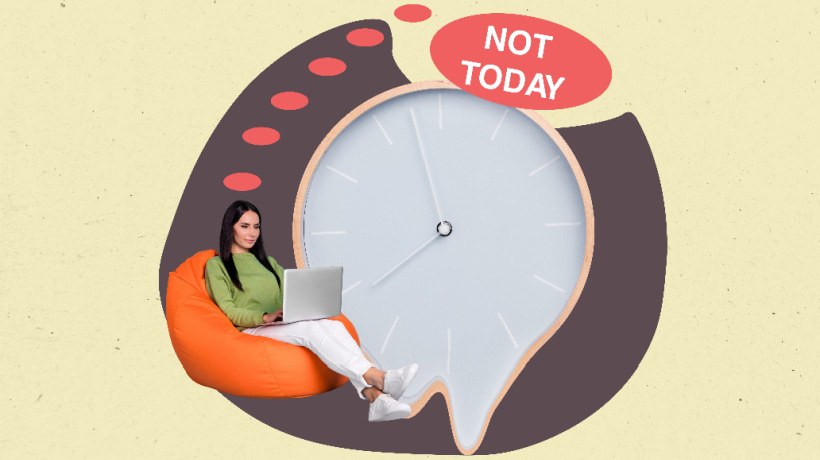
"According to psychology, procrastination is not a time management failure but the result of a complex interplay among emotion, motivation, and cognition. Basically, it's an issue of emotion regulation and not the productivity problem it is considered to be. Research suggests that procrastination occurs when individuals prioritize their short-term mood over their long-term goals to avoid what they consider to be unpleasant tasks. [1] As such, when a learning project triggers anxiety, boredom, or self-doubt, the brain will opt to seek relief through avoidance."
"Research suggests that procrastination occurs when individuals prioritize their short-term mood over their long-term goals to avoid what they consider to be unpleasant tasks. [1] As such, when a learning project triggers anxiety, boredom, or self-doubt, the brain will opt to seek relief through avoidance. One can even say that procrastination operates as an emotional coping mechanism. By putting off a learning task, you momentarily protect yourself from the discomfort of making an effort. Unfortunately, this will also create more stress later on."
Procrastination reflects difficulties in emotion regulation rather than mere time-management failure. Learners often prioritize immediate mood repair to avoid anxiety, boredom, or self-doubt, which produces short-term relief but increases later stress. Fear of failure and perfectionist tendencies intensify avoidance and delay. Temporal discounting and impulsivity cause learners to prefer immediate comfort over delayed learning rewards. In self-directed eLearning environments, weak self-regulation and high task aversion raise procrastination risk. Effective mitigation combines environmental design and behavioral tactics: break tasks into micro-steps, use implementation intentions and precommitments, provide immediate rewards and frequent feedback, reduce friction, and add social accountability to sustain engagement.
Read at eLearning Industry
Unable to calculate read time
Collection
[
|
...
]